Laser hair removal is a technique that uses laser light to permanently destroy hair follicles, targeting the melanin naturally present in the hair.
However, this process may cause temporary redness and burning sensations , especially on sensitive skin.
To avoid this discomfort and promote rapid recovery of your skin, it is essential to apply a suitable cream immediately after the session.
Why apply cream after laser hair removal?

After a laser session, your skin may experience redness, a feeling of warmth or even slight inflammation.
To soothe these side effects, it is recommended to use creams specially formulated to soothe, moisturize, and heal the skin. These treatments help to:
-
Significantly reduce erythema and unpleasant burning sensations.
-
Promote rapid healing by strengthening your skin's natural barrier.
-
Prevent paradoxical hair regrowth by protecting the skin from further irritation.
Which creams should you use after laser hair removal?
Soothing and healing creams
Some medical creams have properties specially designed for skin sensitized by laser:
-
Biafine : traditionally prescribed for superficial burns, it forms a protective barrier on the skin while intensely hydrating.
-
La Roche-Posay Cicaplast Baume B5 : particularly rich in panthenol (vitamin B5), it is recommended for its effective restorative and soothing action on irritated skin.
-
Avène Cicalfate Post-Procedure : Containing sucralfate and copper-zinc, it quickly soothes while reducing the risk of infection thanks to its antibacterial properties.
-
Aquaphor Healing Ointment : Particularly suitable for very dry skin, this occlusive cream provides deep hydration and protects the skin against dehydration.
-
99% Pure Aloe Vera Gel : Valued for its immediate relief from redness and heat after laser treatment, this natural gel is ideal for use on all areas of the body and face.
Adapt the choice to your skin type
Each skin reacts differently to the laser, so it is essential to select a suitable cream:
-
Normal to combination skin : Choose light aloe vera-based gels or gentle moisturizing emulsions.
-
Dry skin : Opt for rich, occlusive balms, such as Biafine or Aquaphor.
-
Sensitive or reactive skin : Creams like Cicaplast or Cicalfate, which are fragrance- and alcohol-free, are ideal for calming redness.
-
Skin prone to hyperpigmentation : Choose creams containing copper-zinc with an SPF 50+ mineral sunscreen to prevent post-inflammatory pigment spots.
How to effectively apply your post-laser cream?

Here are some simple steps to maximize the benefits of your treatment:
-
Gently clean the affected area with thermal water or physiological serum, without rubbing.
-
Then apply a thin layer of your chosen cream, without massaging too vigorously, several times a day during the week following the session.
-
Maintain good skin hydration for at least two weeks and systematically protect the skin with an SPF 50+ sunscreen.
Additional tips for optimal results
-
Avoid exposure to direct sunlight and strong heat sources (hammam, sauna, hot baths) for 48 hours following your session.
-
Choose loose-fitting cotton clothing to avoid irritating friction.
-
If you have any doubts or experience unusual symptoms, such as persistent blisters or burning, consult your dermatologist immediately.
FAQ
What is the best cream after laser hair removal?
Creams such as Biafine, Cicaplast Baume B5 or Avène Cicalfate are particularly recommended.
How to moisturize dry skin after laser hair removal?
Use occlusive balms like Aquaphor or Biafine to retain your skin's natural moisture.
Can I use aloe vera after laser hair removal?
Yes, pure aloe vera quickly soothes burning sensations and effectively moisturizes.
Conclusion
To ensure optimal recovery after laser hair removal, it's important to choose the right soothing and healing cream. SSSKIN dermatologists in Geneva, Lausanne, and Zurich offer a personalized consultation to determine the best treatment for your skin.
Book your free consultation today!
Pro Tip: Remember to bring your cream with you to your laser session to benefit from specialist-supervised application.

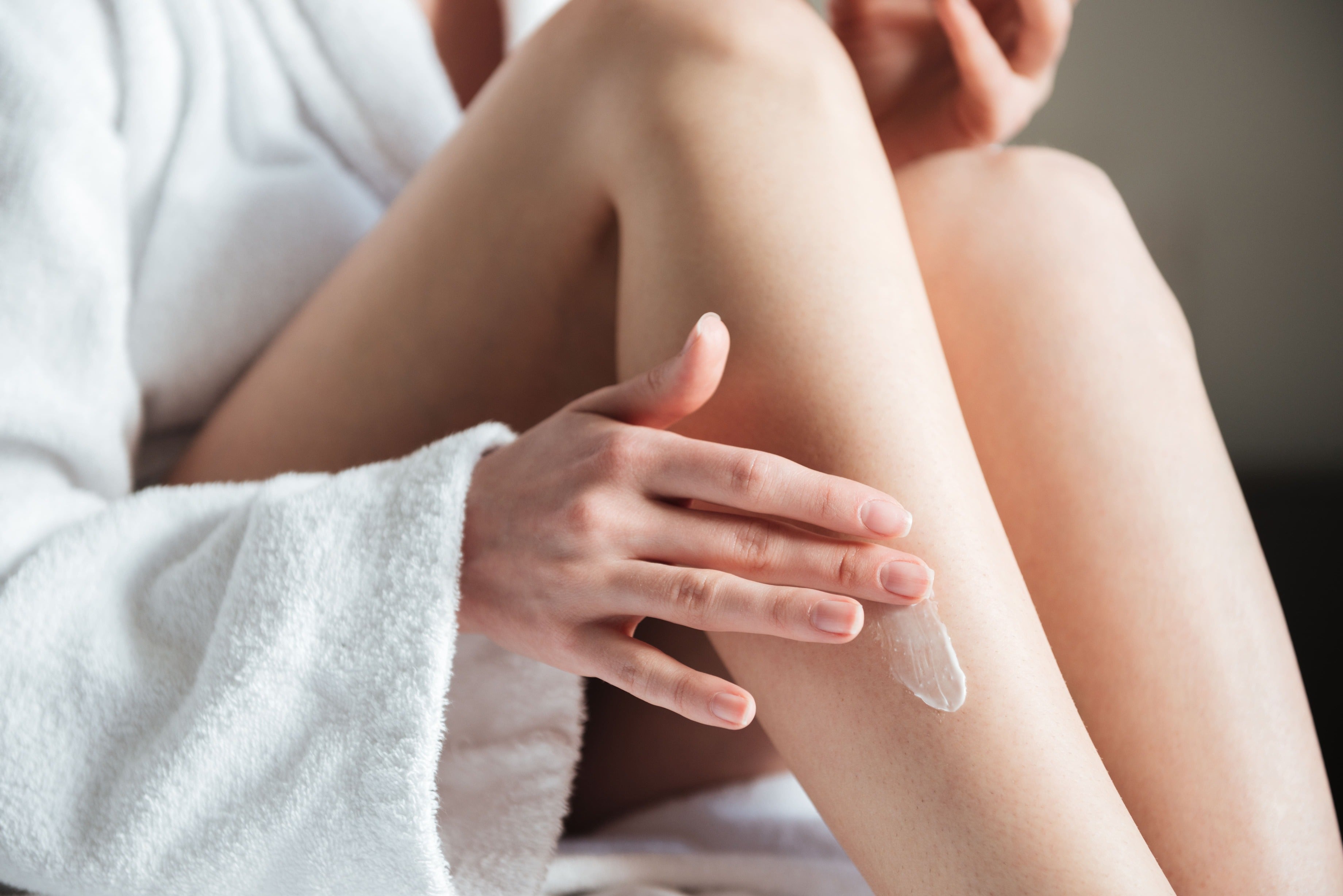

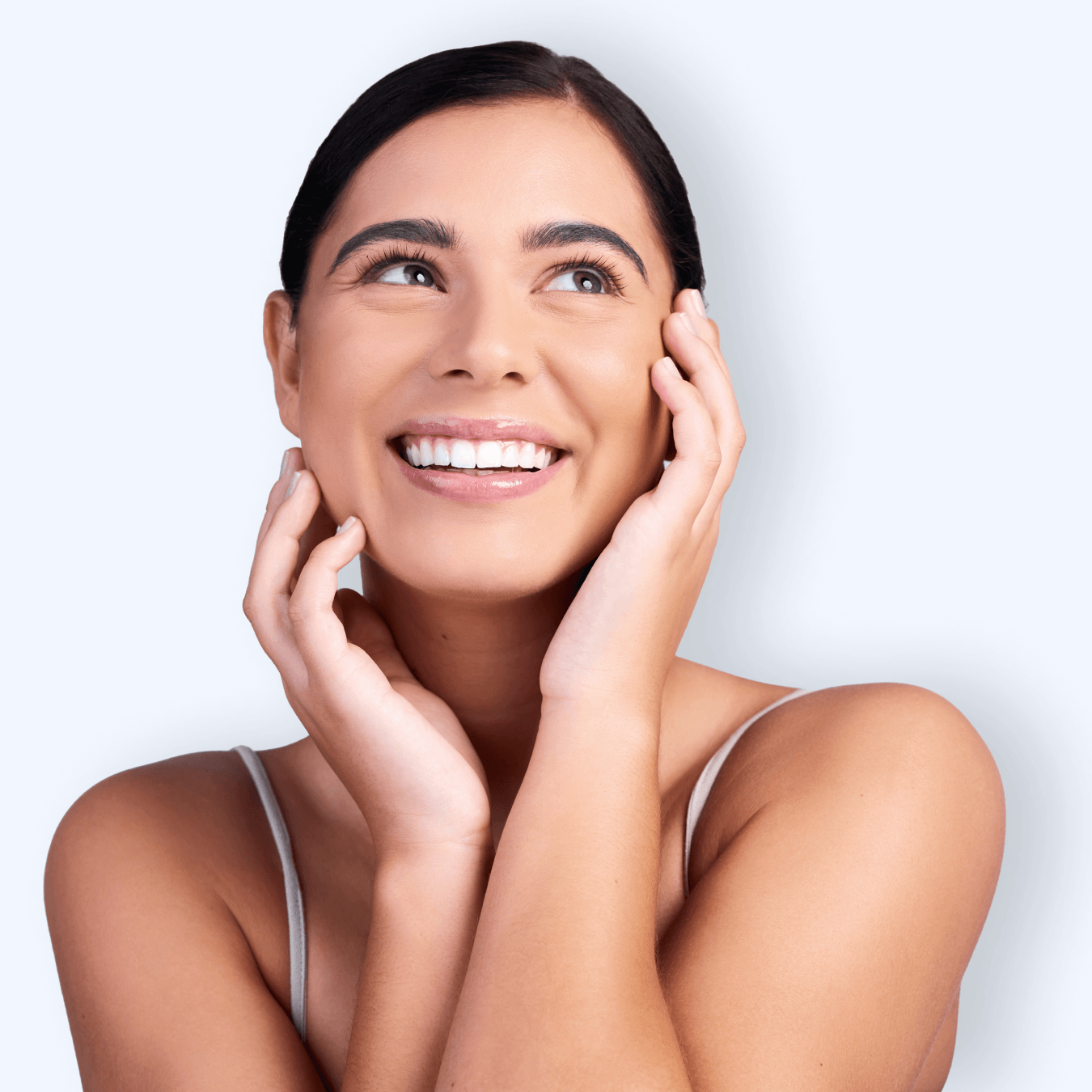
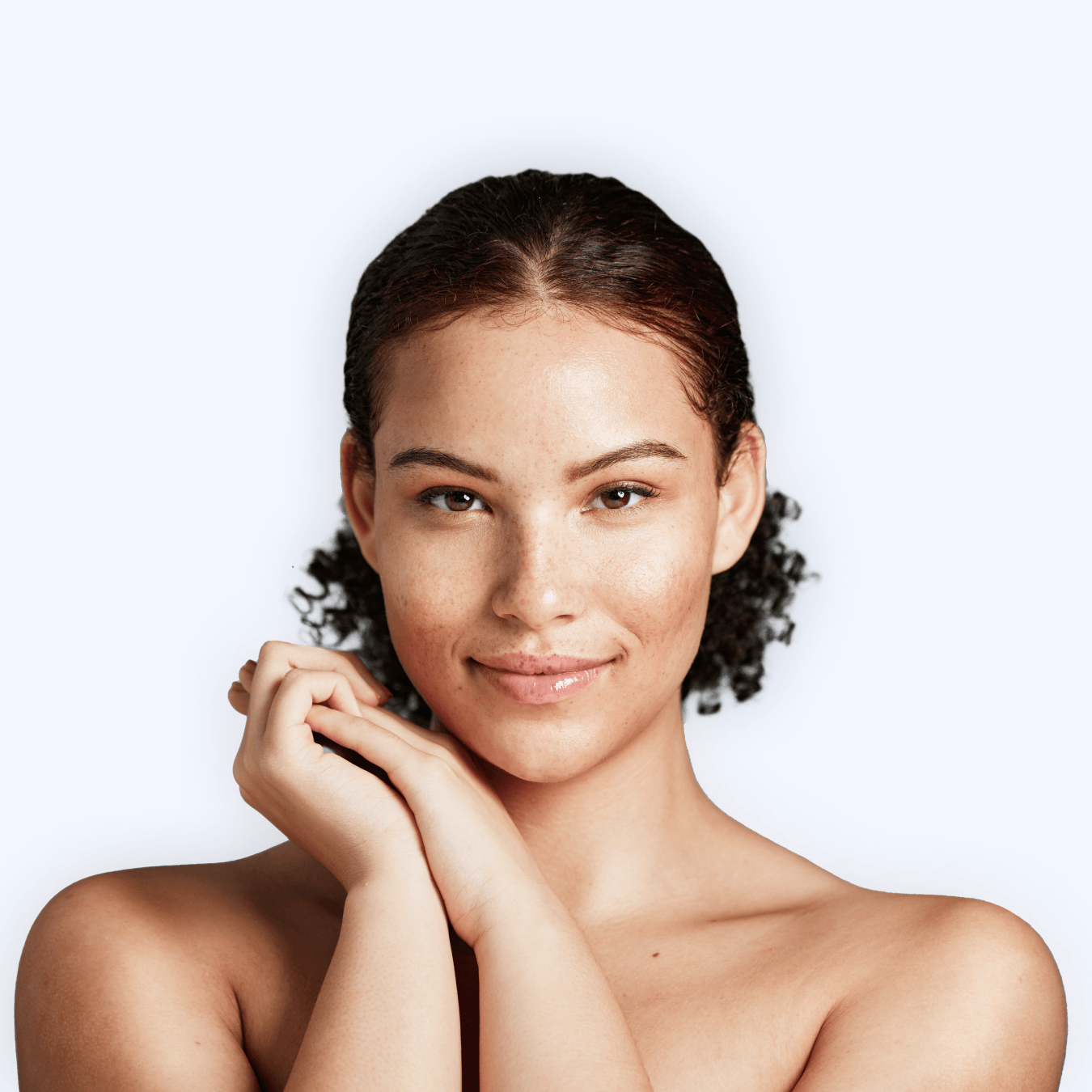
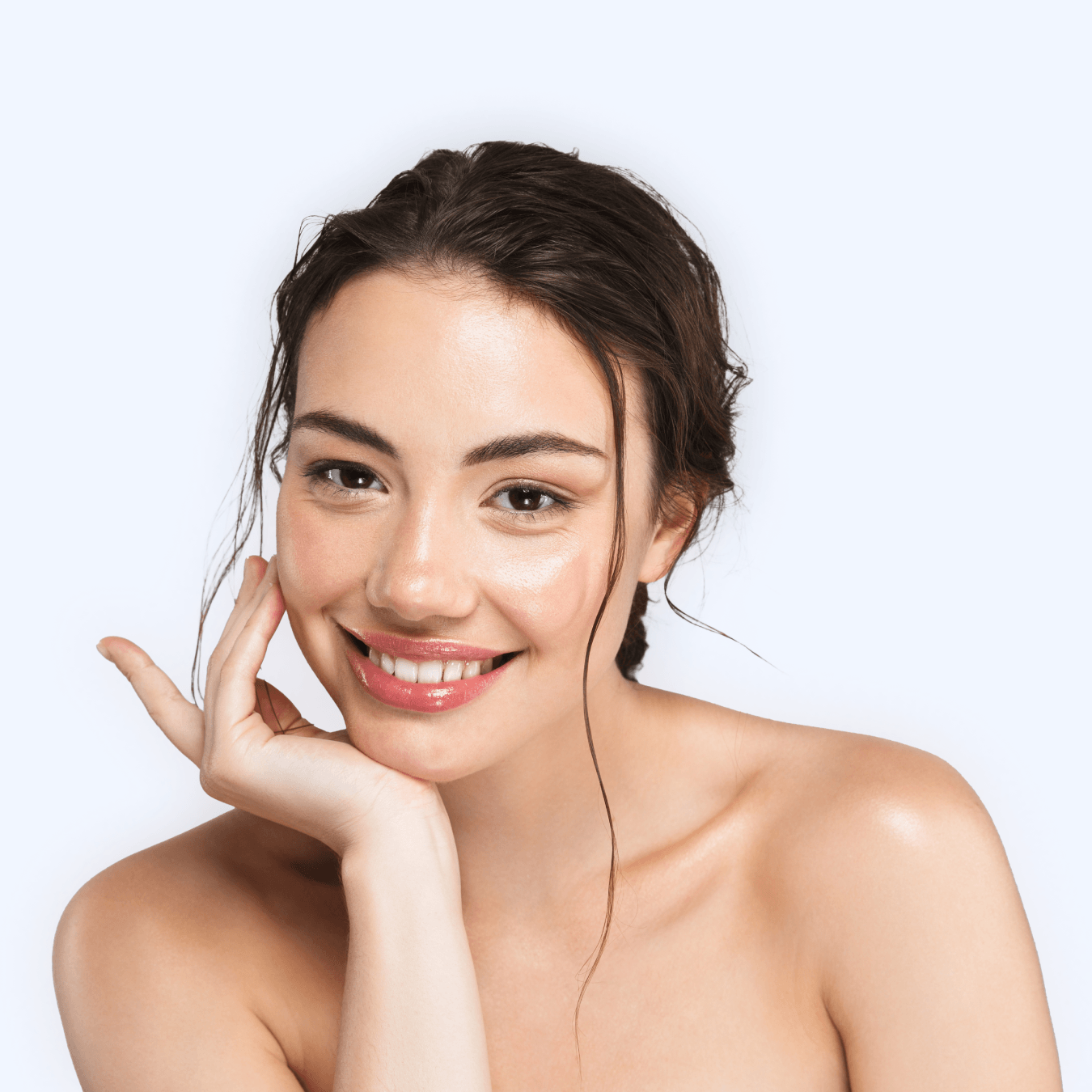
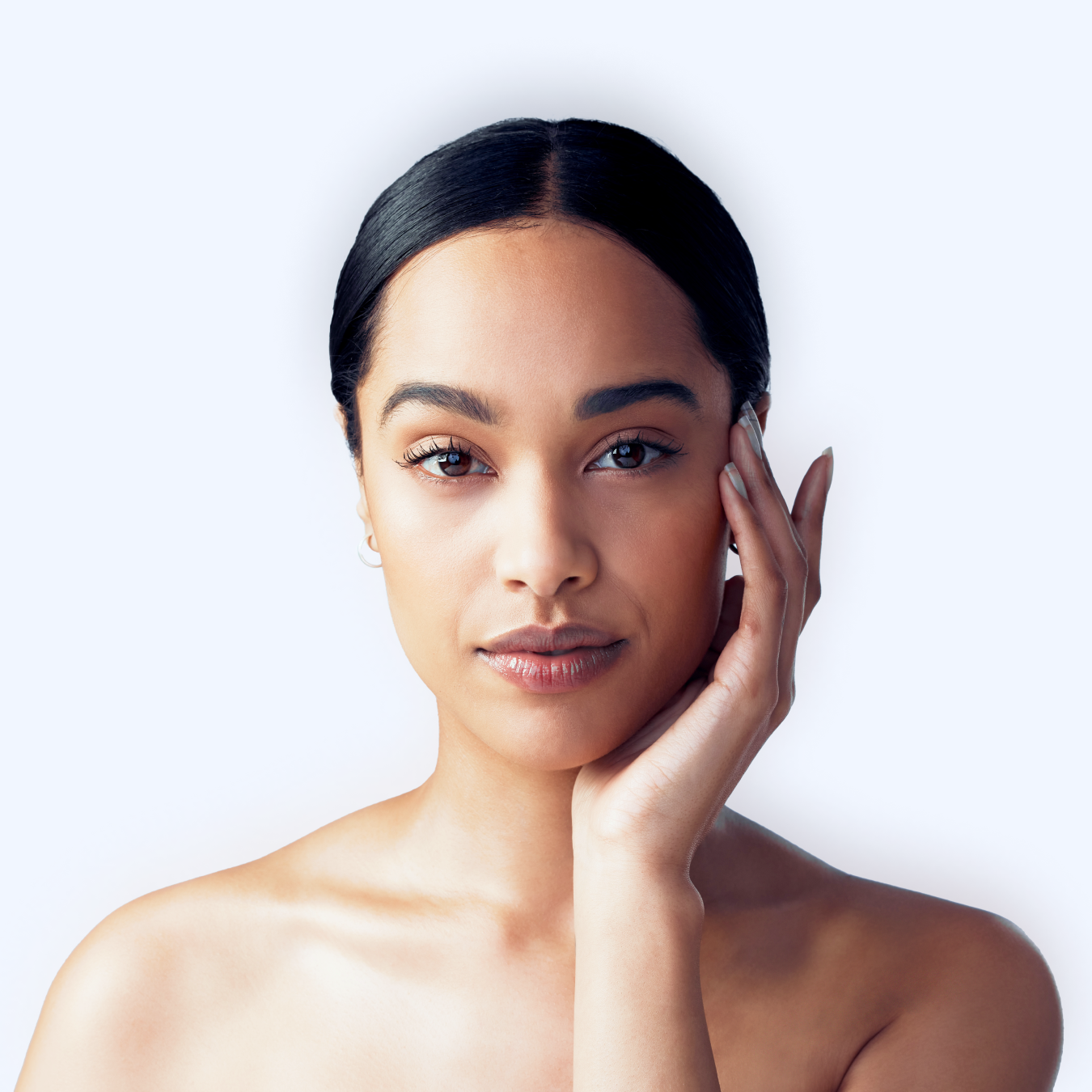
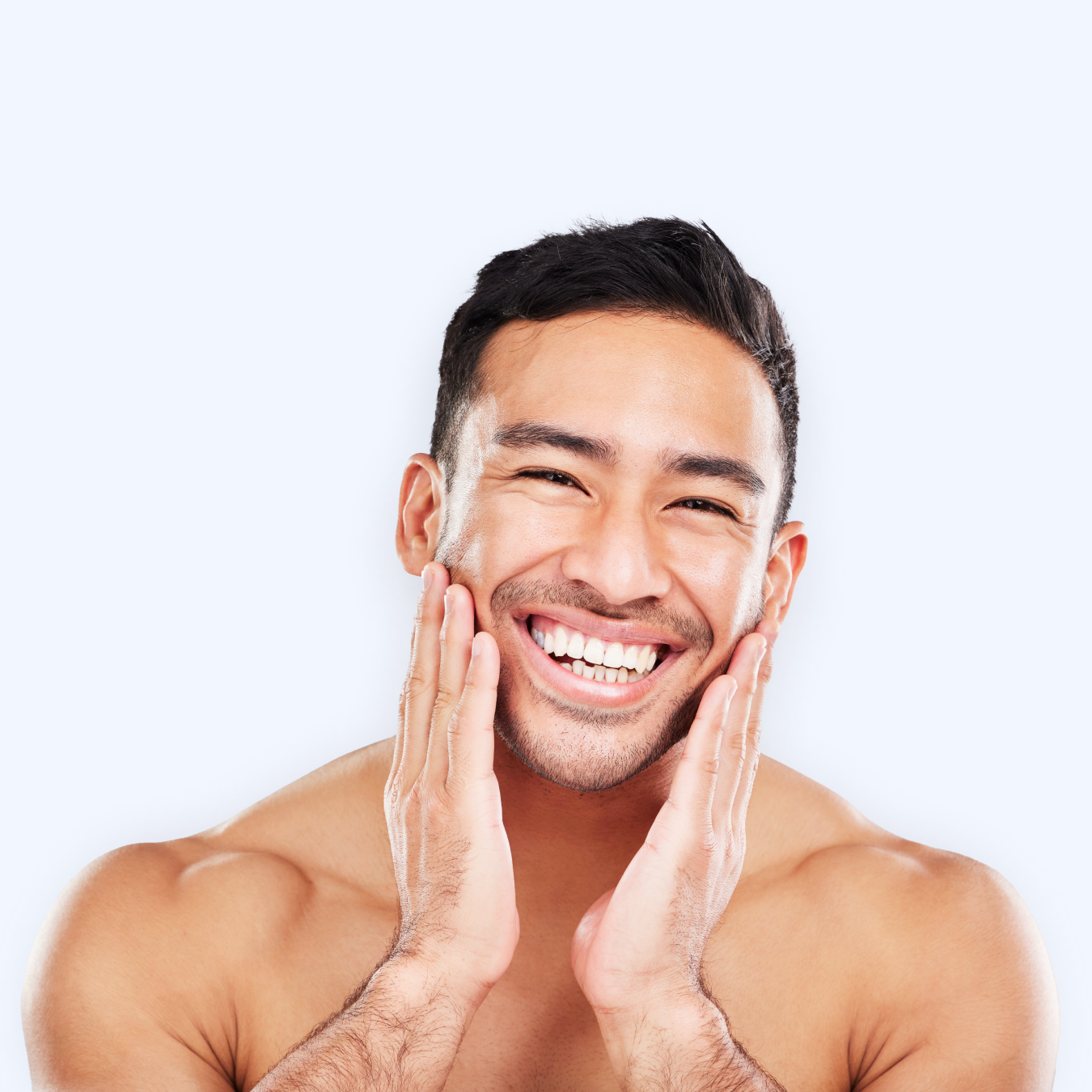

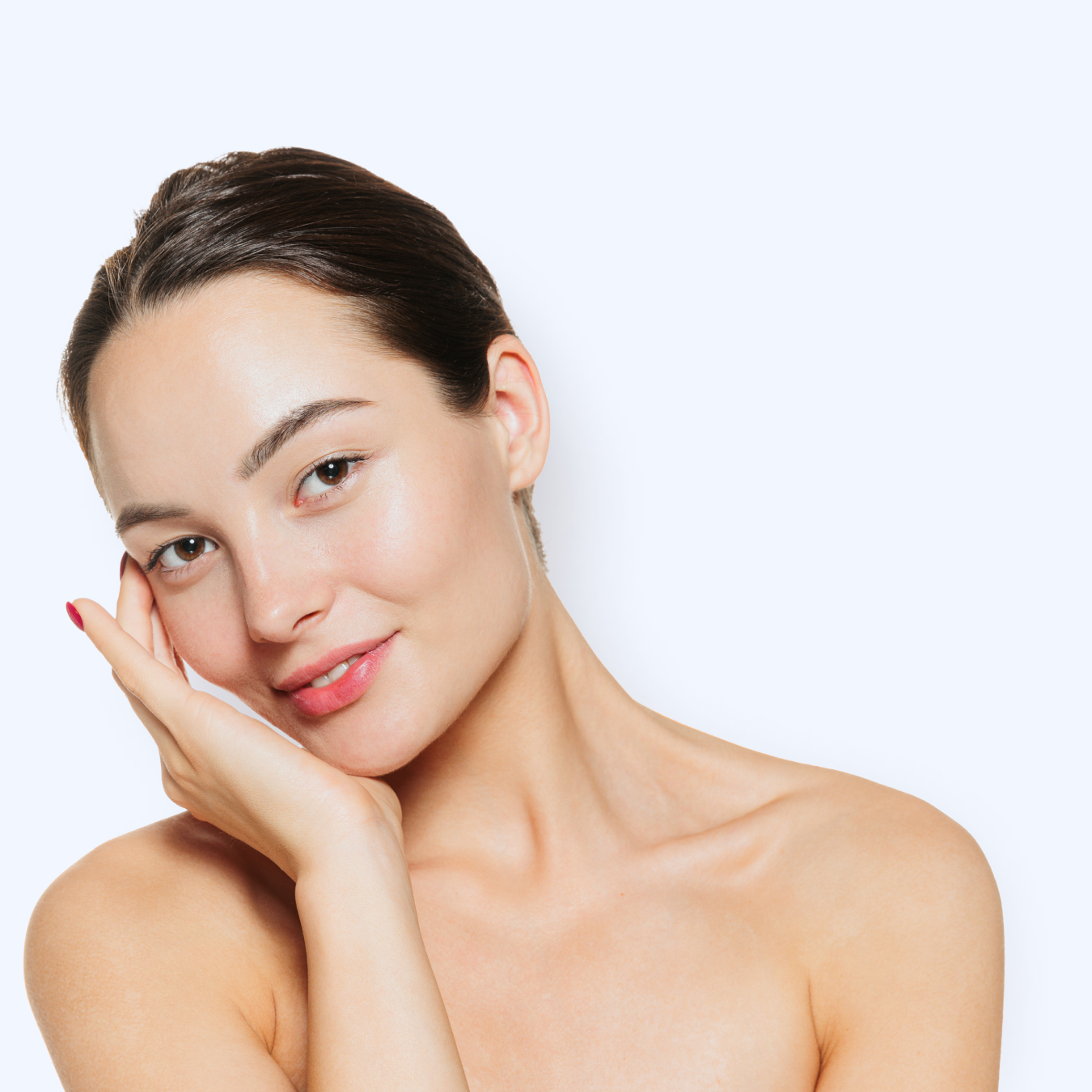
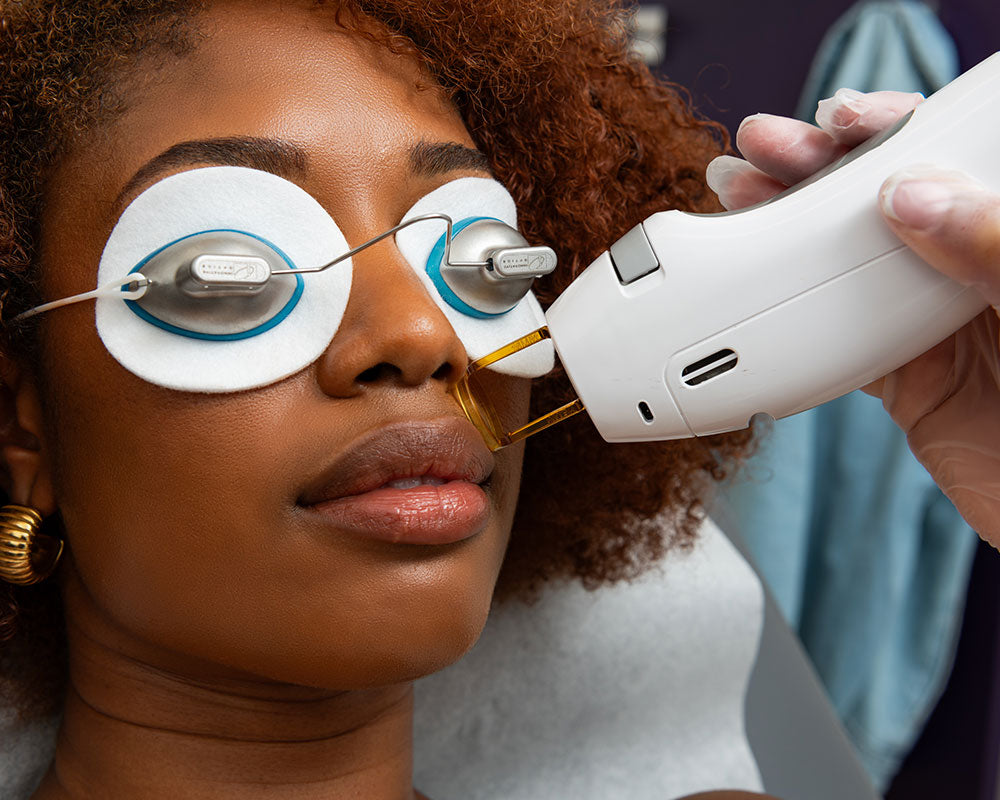
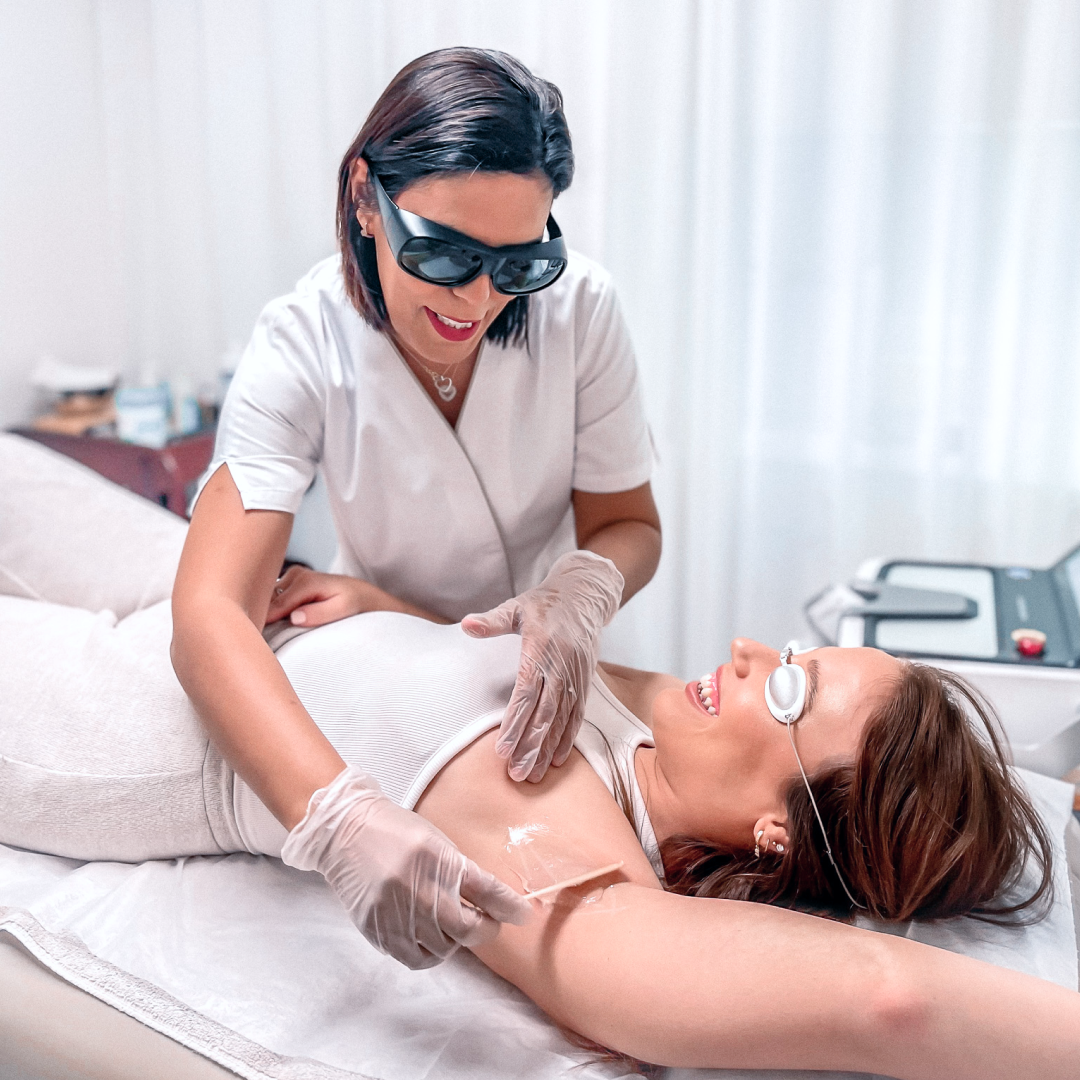
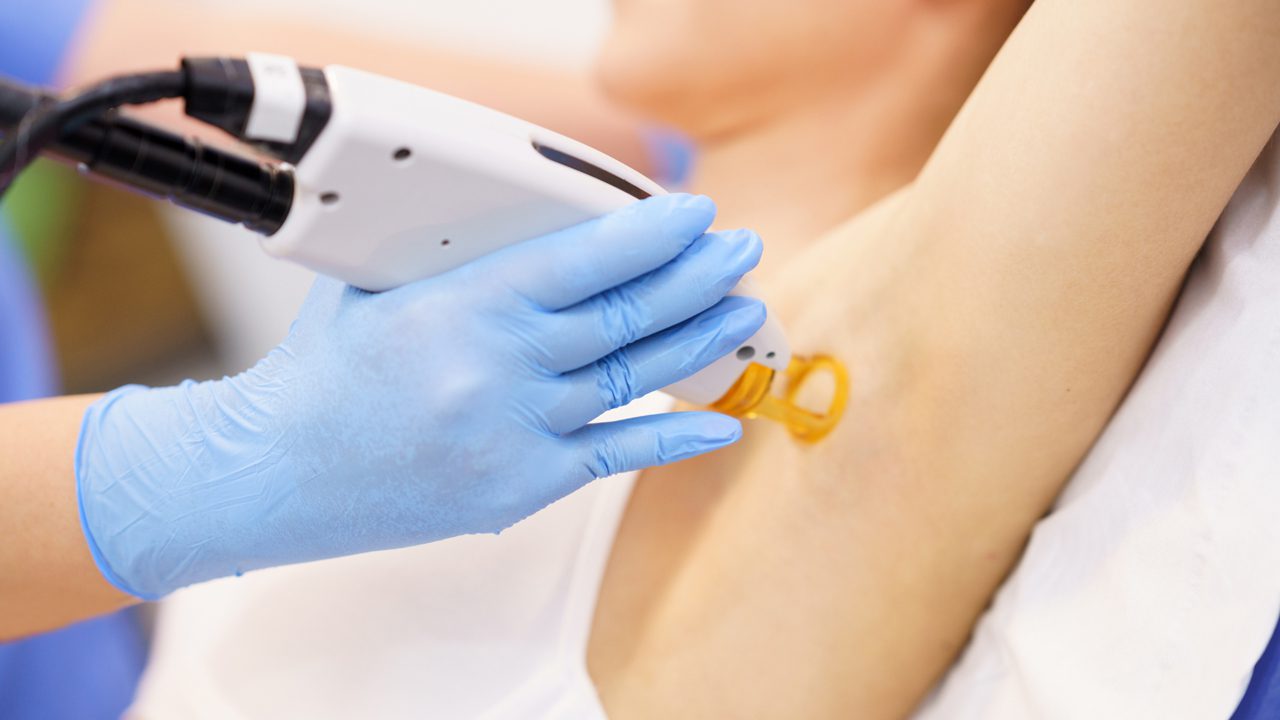
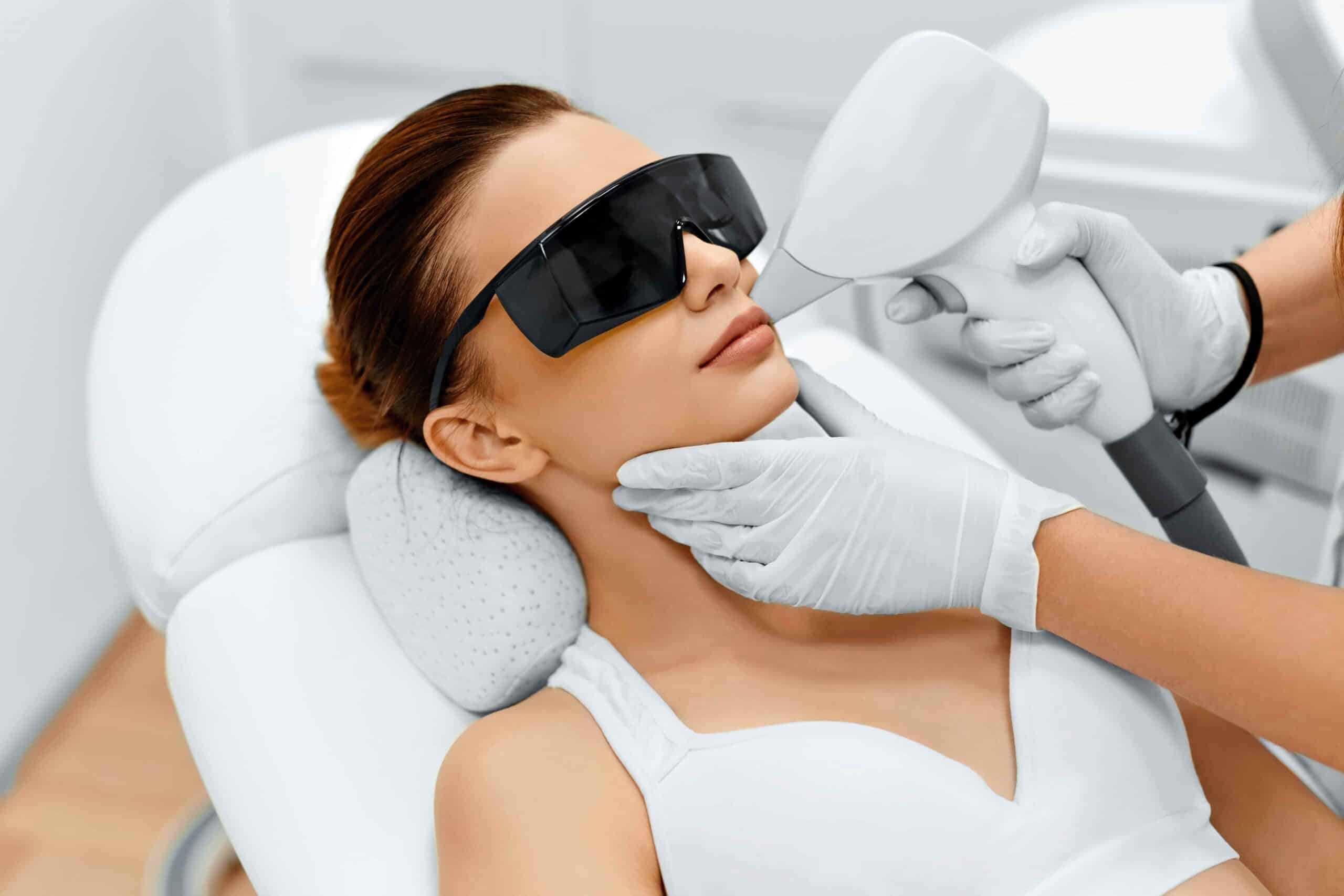
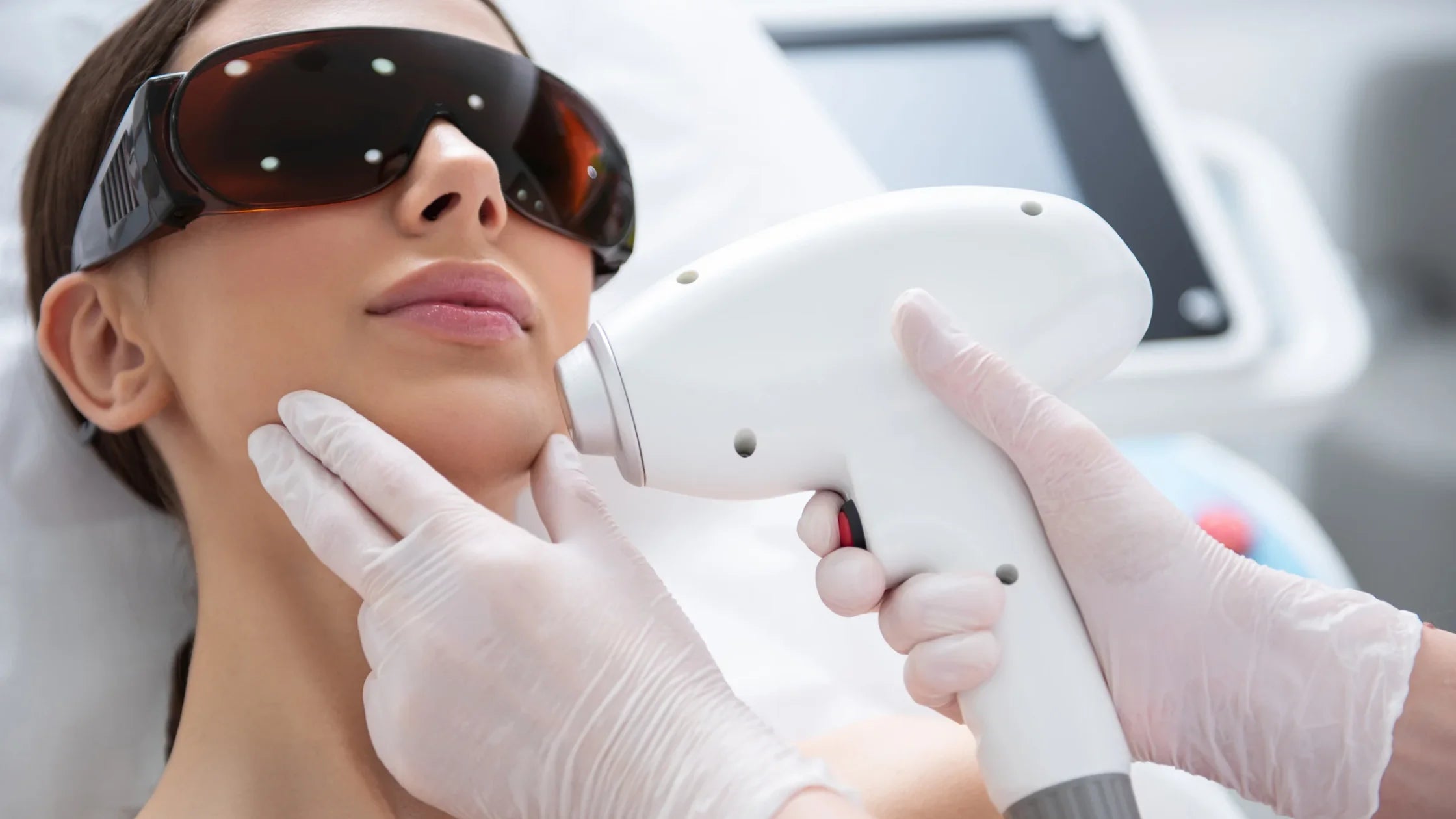
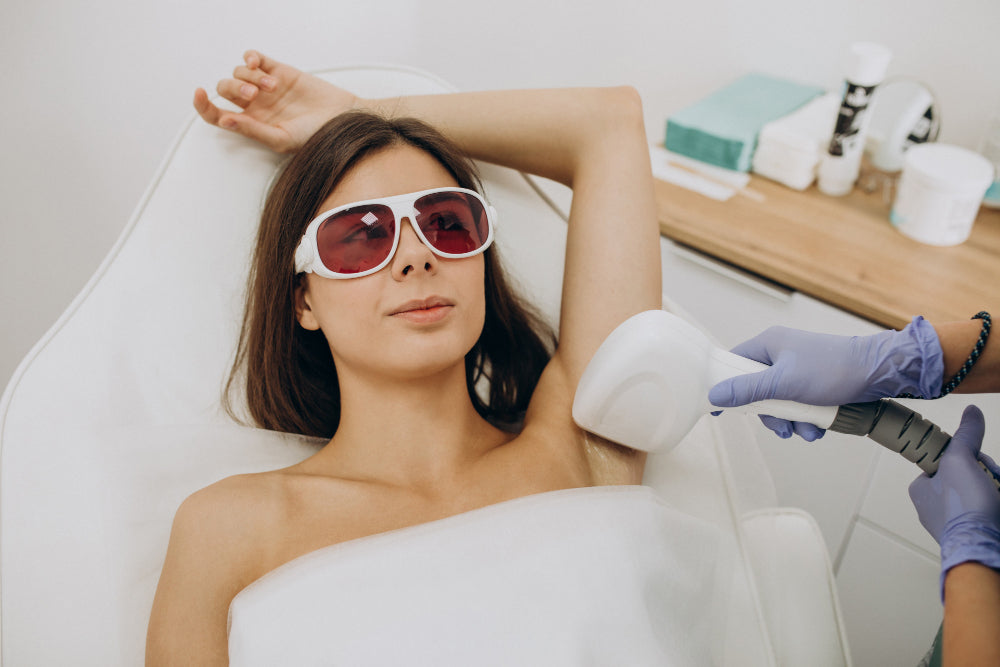
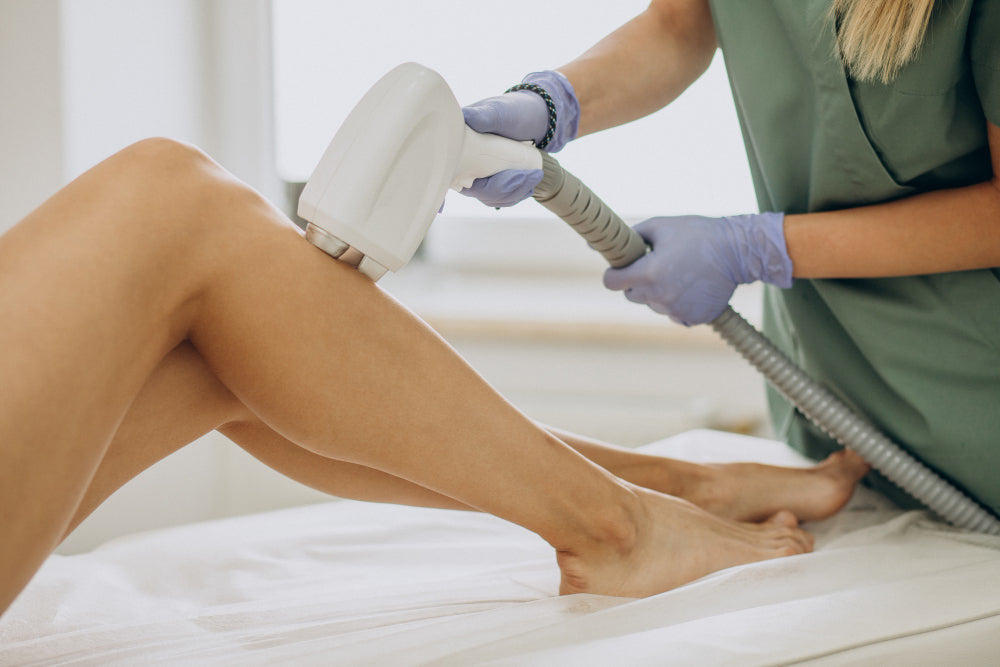

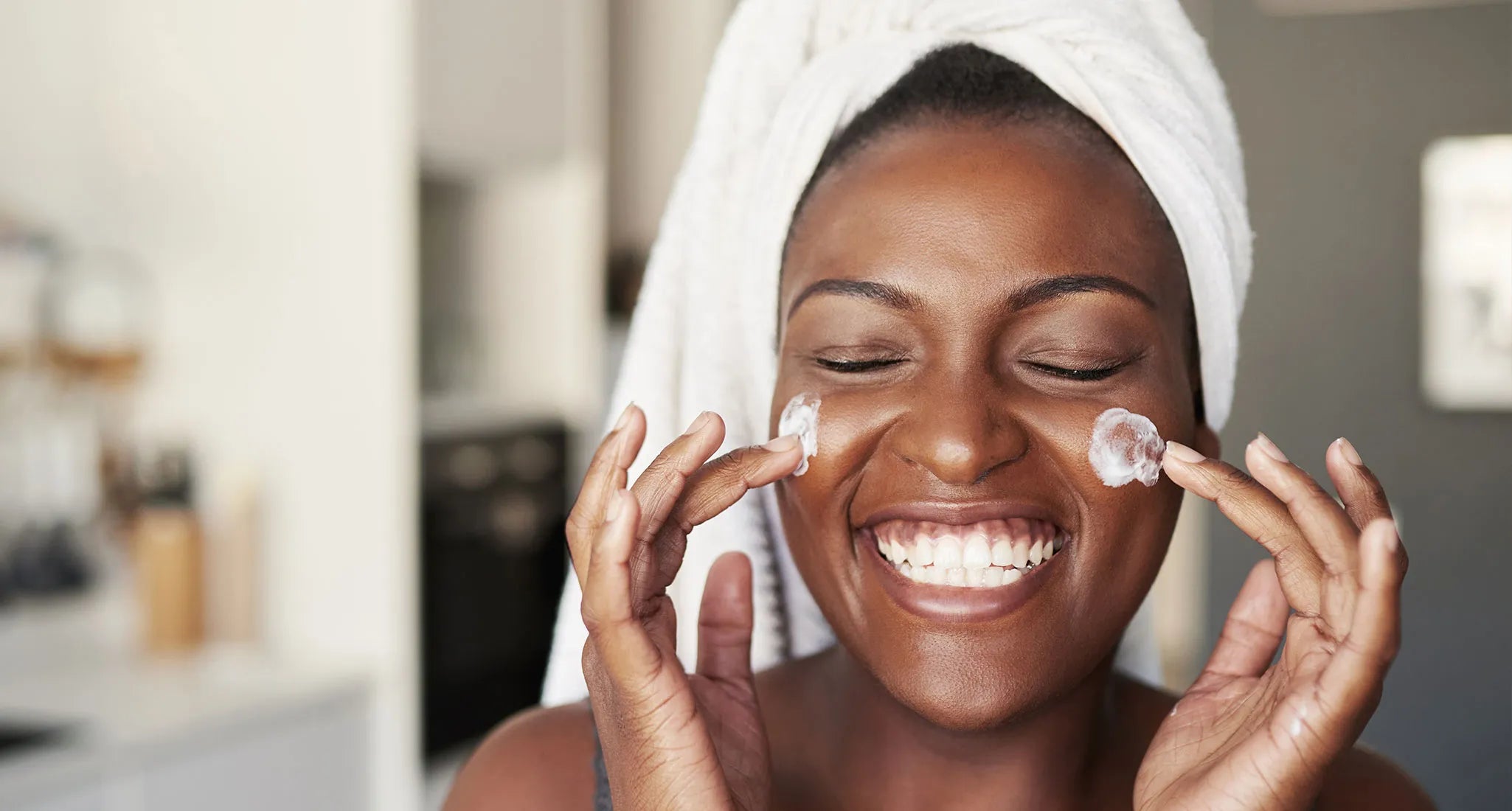
Share: